Lori Richardson M.D. (Glovier)
April 28, 2020
Corona Virus Clinical Perspectives
It seems we are at war. Our enemy was previously unknown to us. While it is related to prior enemies, it is mostly entirely new. We have no idea of the total number of weapons/personnel, we have no idea when the enemy infiltrated; we have no idea of the modus operandi of the enemy. People are mildly affected or not at all. People are affected, survive but with disabilities. People are dying.
We were unprepared. We can finger point. But it is certainly difficult to prepare for an enemy you don’t know. Better not to finger point and work on how to learn the enemy’s strengths and weaknesses and how to survive physically, emotionally, and financially. I say this just as I Iearned about a prominent New York City emergency room physician committing suicide over the horrific experience of trying to save people in the COVID War Zone that city has become.
What we do know about the virus:
*origin: China
*spread: respiratory droplets, contact
*can be spread by asymptomatic people
*affects people with hypertension, diabetes, lung disease, heart disease, and obesity more than healthy people
*affects elderly more than younger people
*causes respiratory distress, heart attacks, strokes (even in younger people 30-40s), blood clots resulting in amputations, sudden death, type 1 diabetes, renal failure, encephalitis
*cures: NONE
*drug treatments: none
*vaccinations: none
NOTES about IMMUNITY:
No one knows if antibody formation to the virus actually confers immunity. If so, for how long? Can you get the virus again after you’ve had it once? The answers to these questions are very important to the development of a vaccination. If you do not have immunity with antibody formation, then pursuing a vaccination will be much less helpful than trying to find a drug to treat and/or cure the disease.
HERD IMMUNITY:
Lots of folks talk about herd immunity. This concept is that a certain number of people in the population develop immunity to the disease thereby providing immunity for those who have never had the disease. This immunity presupposes that a) antibodies make you immune and b) 70-90% of the population develops this immunity. This level of immunity does not come without a vaccination. This is why we never got rid of smallpox without a vaccination. And why measles comes back when you don’t keep vaccination levels up.
VACCINE DEVELOPMENT:
The fastest we have ever gotten a vaccine out to the public was the mumps vaccine. This took 4 years. Development of a vaccine is not that easy. First you have to establish whether antibody development actually provides immunity (which we have not yet done). Second it takes time and money to develop a vaccine, run test trials, and make sure the vaccine is way safer than the virus itself.
DRUGS to TREAT the VIRUS:
While this sounds easy, it is not as easy as it sounds. Testing drugs which could be effective requires the proper scientific process as we don’t want to have drugs being used which actually do more harm than good. This has been known to happen multiple times in history. Our rush to “fix” this problem cannot result in shortcuts which are actually worse than the disease.
ADVANTAGE of a PANDEMIC:
What?! You say there is an advantage?! Yes, the advantage is that scientists from around the world are working on vaccines, drug treatments, and care and management of patients with SARS-CoV-2. If we leverage this opportunity, perhaps some of these timelines can be shortened though we must be cautious about irresponsible shortcuts.
WHAT WE CAN DO:
It’s challenging to feel helpful which is what many feel right now. There is a lot we can do:
- Masks, social distancing, hand washing: The masks help keep respiratory droplets from infecting others. Even if you have no symptoms, you don’t know that you are not an asymptomatic carrier. This virus is definitely susceptible to hand-washing. Practice good handwashing techniques. And social distancing makes sense. Don’t put others or yourself at risk.
- Reach out virtually to friends and family. Everyone is suffering one way or another, financially or emotionally. Let people know you care. Help your neighbor or family member with food.
- If you can donate blood, call your local blood bank to find out how to donate. Shortages of blood are occurring and could create life-threatening situations for individuals in accidents or even who have severe COVID.
- Community efforts to feed those suffering from lack of food stores and/or money are out there. Get involved. Or ask for help if you need food.
- Use tele-medicine, your PCP’s office or your local hospital, if you have a concern about symptoms.
- For those still employed, many employers are working hard to keep their employees mentally healthy during these trying times. Ask your Human Resources department about mental health support. It’s not shameful to ask for help. We all need it right now in one form or another.
Our knowledge of this COVID-19 and its effects is changing daily. What is said today may be different tomorrow. This is because we are learning about this virus on the fly. Remember this when you are reading the news. It may be that everything that was done before, during, and after this pandemic has been wrong and everyone will look stupid. But people are doing the best they can to figure it out. Be part of the solution and don’t add to the problem!






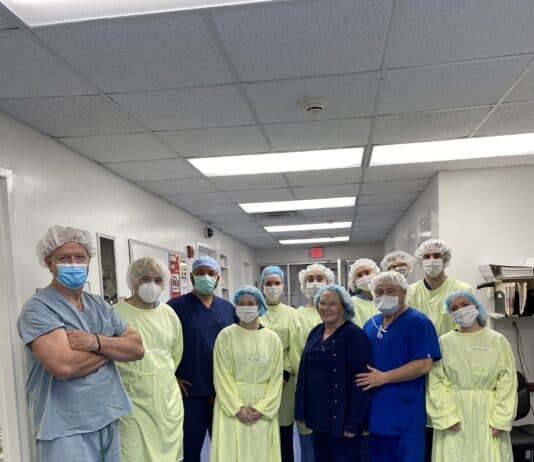










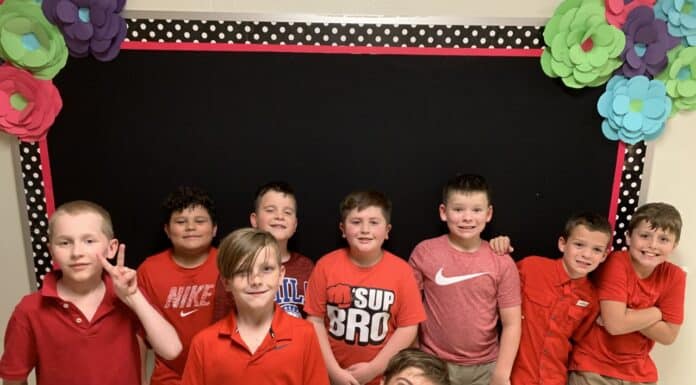
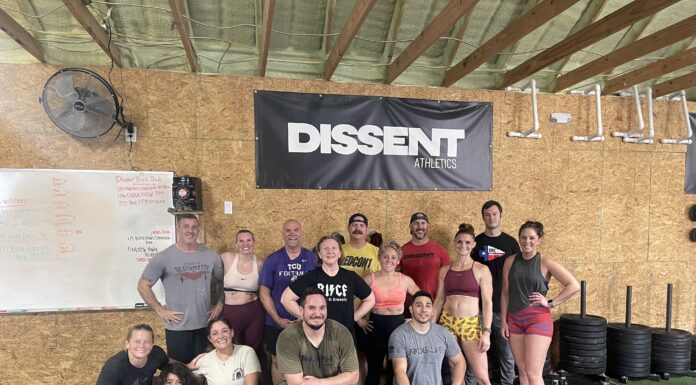
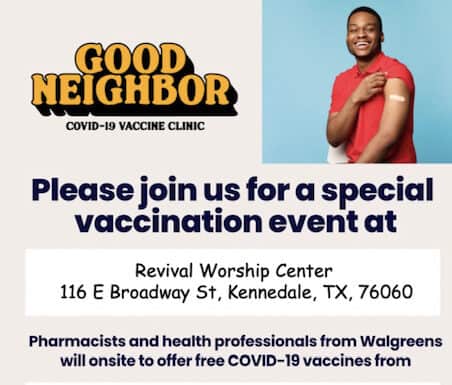

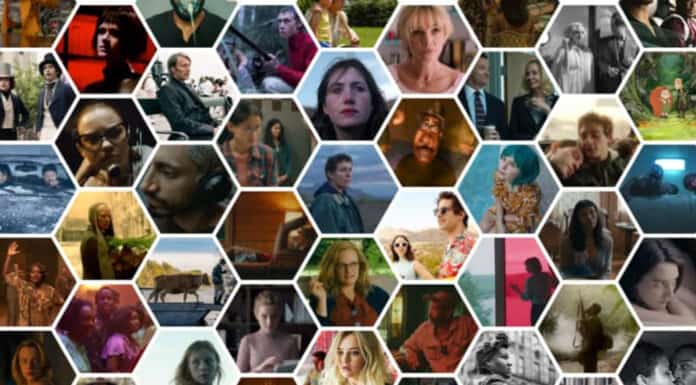


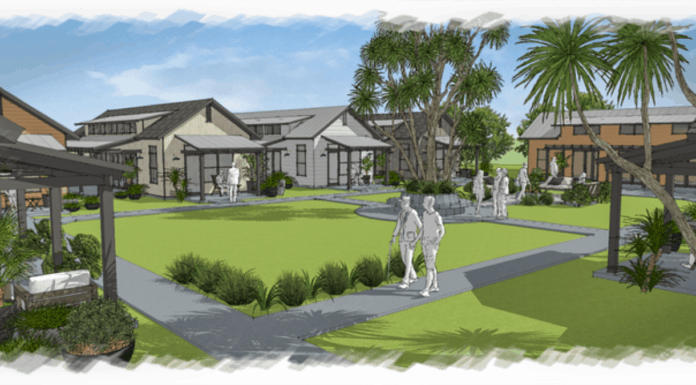




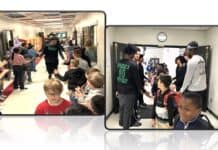








Comments are closed.